helping Catholic women in abusive relationships grow in freedom and faith
-
Mary Flores’ Journey from Abuse to Freedom
•
In this interview, Mary Flores shares her story from non-profit ministry to marriage and family life to post-abuse recovery.
-
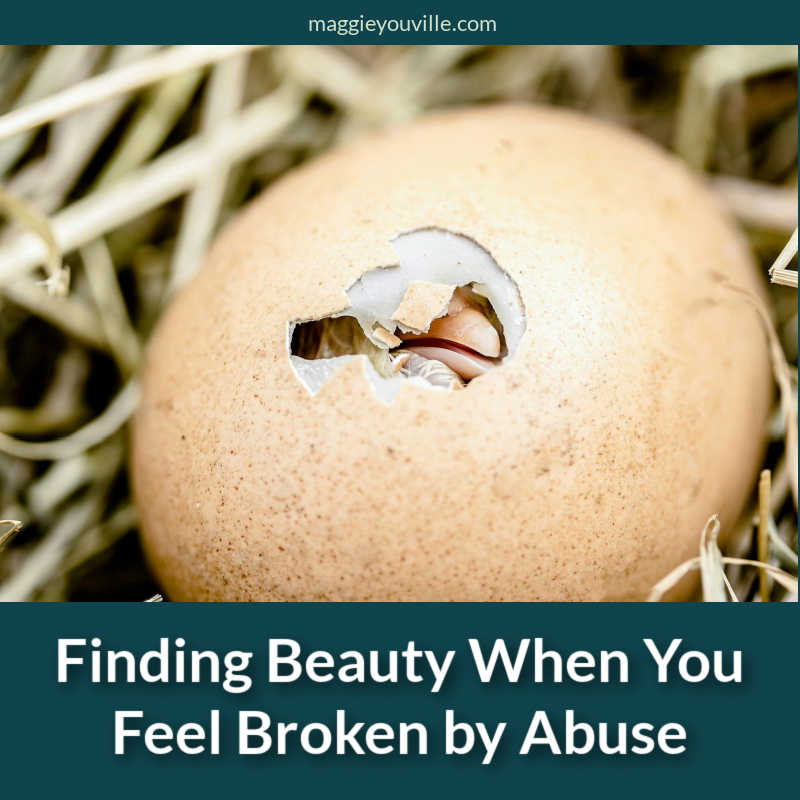
Finding Beauty and Healing When You Feel Broken by Abuse
•
Brokenness does not always indicate a problem, mistake, or failure. It can simply be an indication of transition, change, and renewal. When we look at ourselves and our relationships, we need to let go of the judgement of others which we’ve internalized. We need to once again see the beauty in brokenness rather than…
-
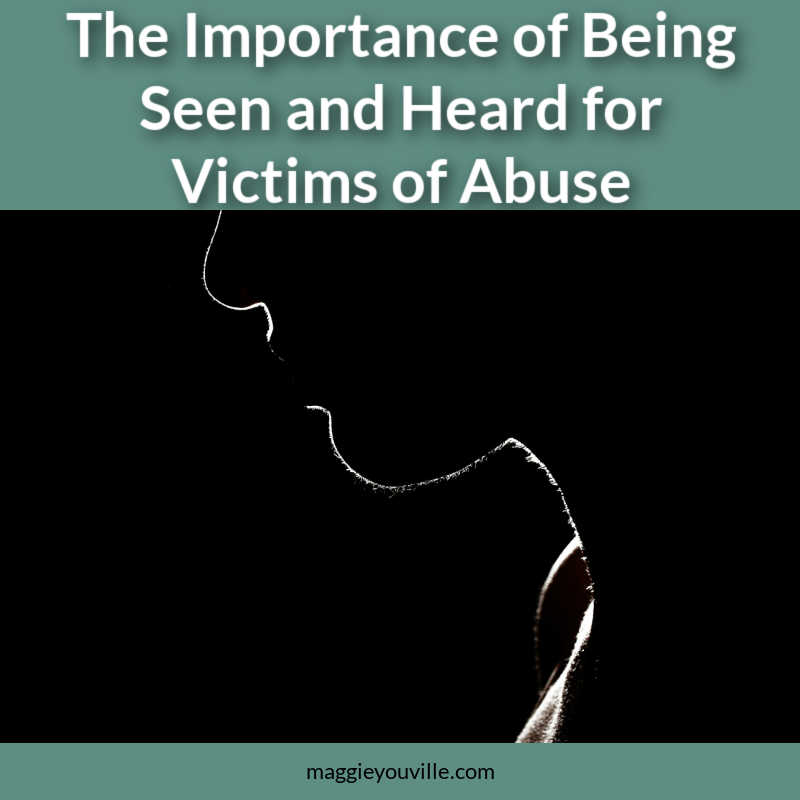
The Importance of Being Seen and Heard for Victims of Abuse
•
A huge part of healing from abuse is being seen and heard. Having your feelings validated can mean a lot. Knowing for sure that this is abuse, that you are not crazy, that it’s not your fault, are big steps towards getting help and healing from abuse.
-

Words for a Wife Betrayed (a poem)
•
Oh broken-hearted friend all this suffering is not your fault! You were deceived and abused— your heart crushed by the one whose job was to protect it.
-
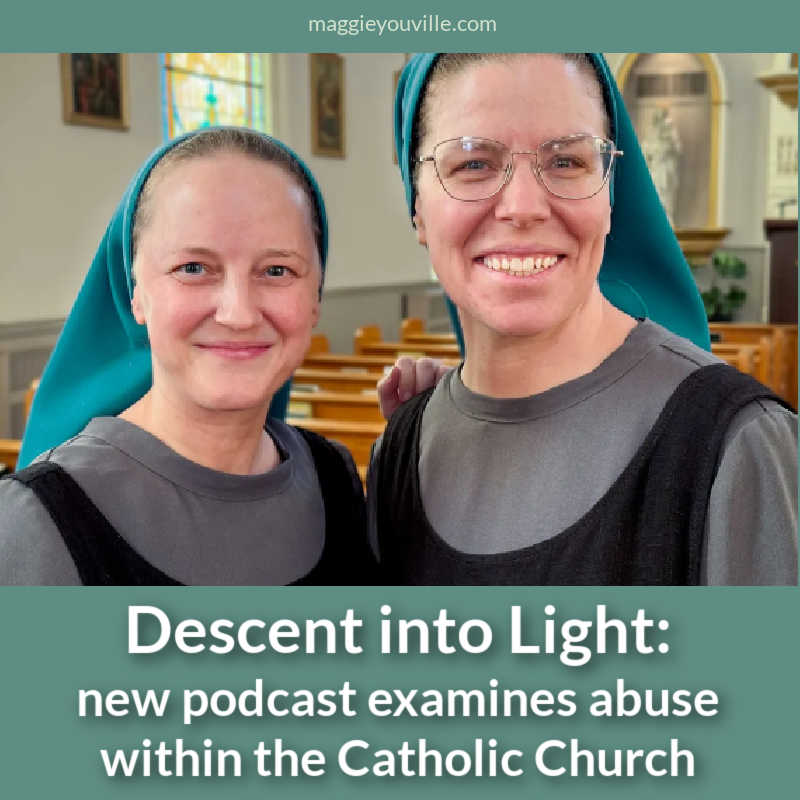
Descent into Light: new podcast examines abuse within the Catholic Church
•
Two religious sisters explore the spiritual abuse they experienced from a trusted priest. Their story highlights not only clerical abuse, but also the culture that allows this abuse to happen, with parallels to abuse within marriages.
-
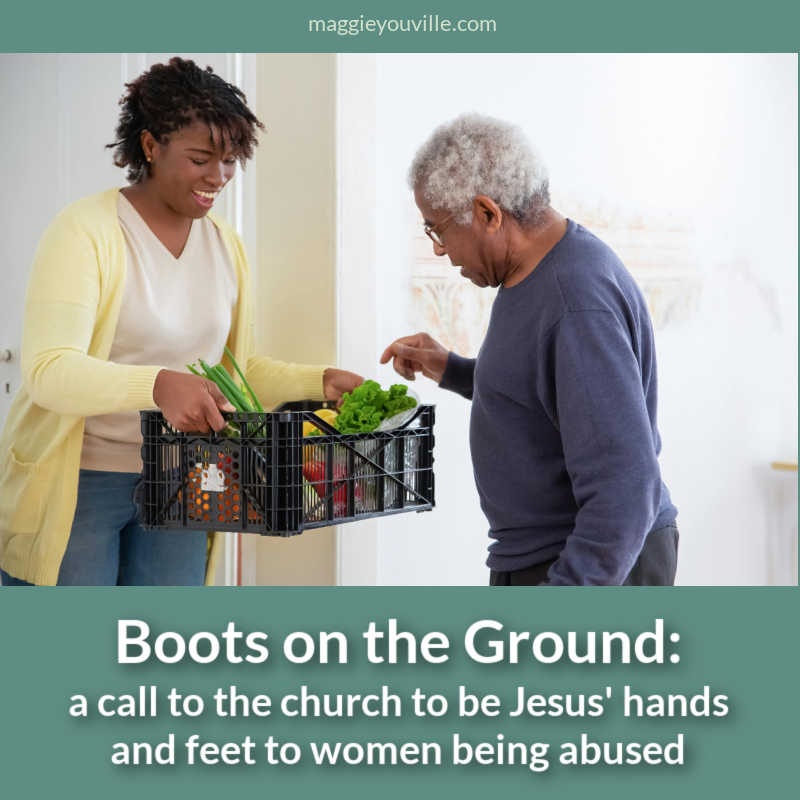
Boots on the Ground: a call to the church to be Jesus’ hands and feet to women being abused
•
There are numerous ways we can help those in our parish who are facing a difficult season, including a woman facing abuse, separation, or divorce.
-
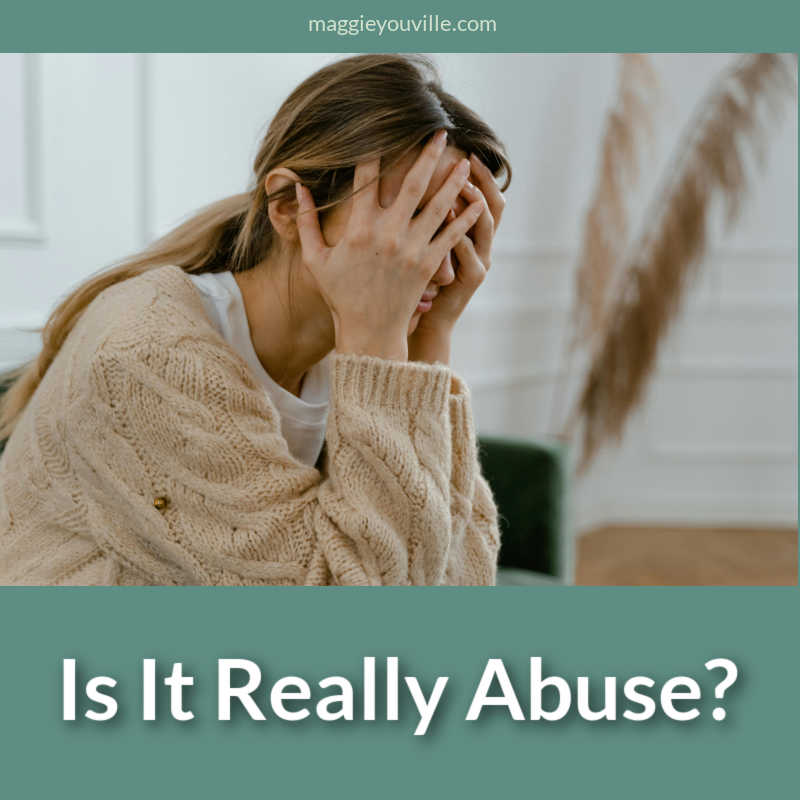
Is It Really Abuse?
•
Many of us think we’d never let ourselves be abused or we’d never stand by while someone near us was being abused. Those statements assume abuse is obvious… and often, it is not.
-
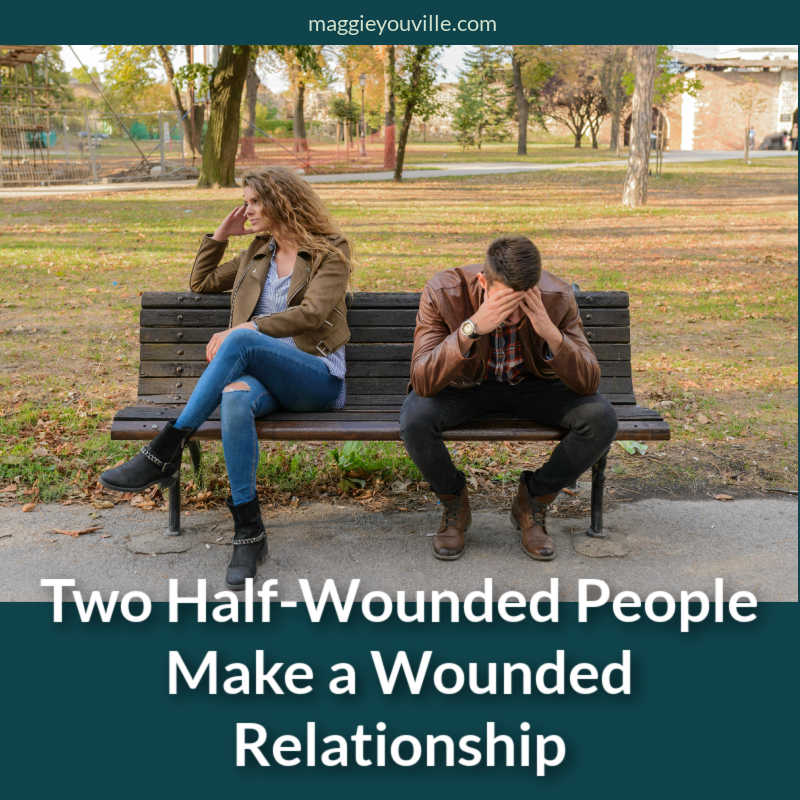
Two Half-Wounded People Make a Wounded Relationship
•
General marriage advice often has the attitude that “what worked for this couple will work for every couple.” This ignores the fact that the skills and attitudes that help two healthy people have a successful relationship will not fix a toxic relationship, but may instead place unrealistic expectations upon one spouse.
-
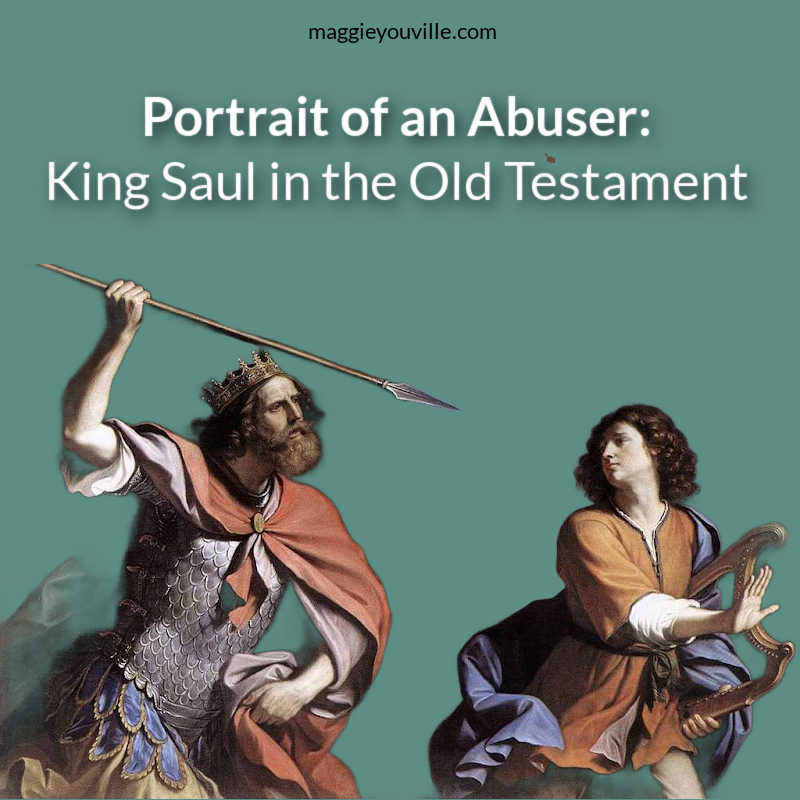
Portrait of an Abuser: King Saul in the Old Testament
•
King Saul was the first king of Israel. In his story, we see the portrait of an abuser – a man concerned more with appearances than anything else, unwilling to admit and learn from his mistakes, and driven by jealousy.
-

Friend, You Are Beloved (a Poem)
•
You are not loved because you are tall or dark or beautiful. You are loved because you are created by the Divine Artist.